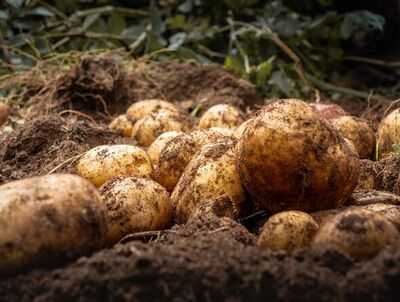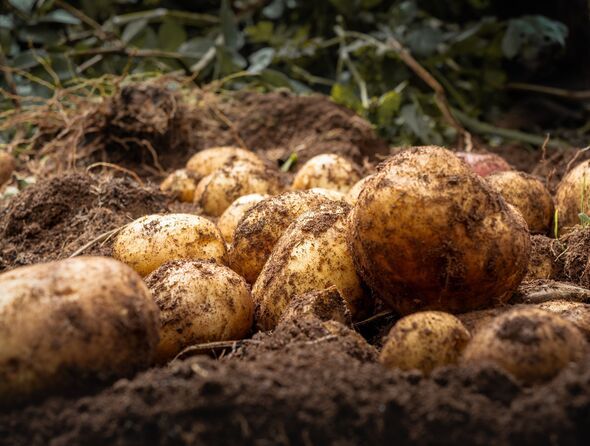

As the temperatures start to rise, lots of people are spending more time in their .
After all, it's the perfect time to enjoy the sunny and make the most of being outdoors. However, another thing some people like doing is growing fruit and vegetables.
Though it may sound tricky, or a lot of effort for some people, it turns out it's pretty easy to grow your own vegetables if you have a little guidance. In fact, one expert has revealed the best ways to make the most of your veg.
Nicola Bradley, Head Gardener at , which boasts over 100,000 followers on Instagram, recently shared her exclusive tips with us to give people a help in hand. According to her, you just need to follow a few simple rules.
And, as we move further into April, now is the time to start focusing on work outdoors. Why not add some life to your garden by growing some vegetables?
The expert said: "Here at The Lost Gardens of Heligan in Cornwall we can take advantage of earlier planting compared to gardeners in the north. As a rule of thumb, what we begin plant in February you may have to wait until March or early April for locations in the north that are much colder.
"Timings will vary, so it's always good to consider these tips as soon as weather allows at this time of year. I.e. when the ground isn't frozen or covered in snow."
Here are Nicola's top tips:
If you're thinking of growing potatoes, there are a few things you need to know to try and be successful. It's vital to choose a sunny location and prepare the soil with compost.
You should always plant seed potatoes with the eyes facing up, and water them regularly. The soil should be kept moist but not soggy.
Generally, to ensure they grow well, you need to ensure your potatoes are getting at least six hours of sunlight per day. When you prepare the soil, you should dig out and remove any weeds and then dig straight trenches 12cm deep and 60cm apart.
Spuds thrive in well-draining, rich soil, so adding plenty of compost or well-rotted manure before planting is key. Potatoes also tend to like a slightly acidic soil with a pH between 5.0 and 6.0.
Growing potatoes in batches, especially early and second early varieties, will enable a staggered harvest. This means you should end up with a continuous supply of fresh spuds throughout the season. It also helps to prevent spoilage.
You should always get your seed potatoes from a reliable source to ensure they're good quality. These tips should help you on your way to success.